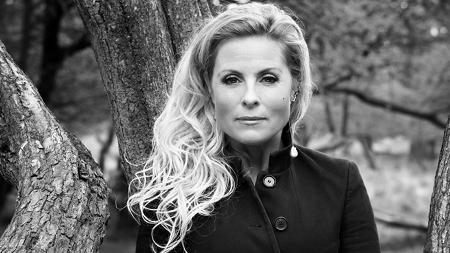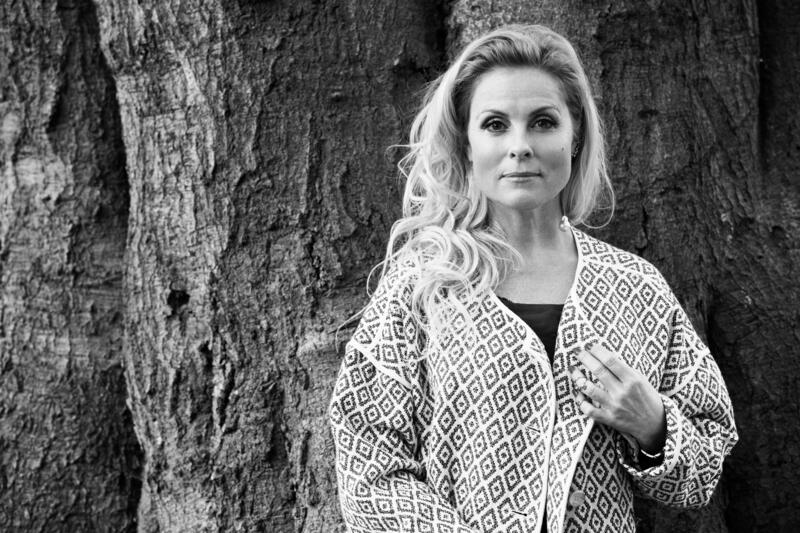Coming from the short, slick formats of commercials, Sigrid Dyekjær didn't know a lot about documentaries back in the day. She had no idea who Ulrich Seidl was or what he stood for when she first saw his films.
"I was introduced to 'Animal Love' and a couple of other films by Seidl, and I thought, 'If this is documentaries, I would love to produce documentaries.'"
A decade and a half has passed since Dyekjær first encountered the Austrian filmmaker's challenging, observational films. For the past 10 years, she has been front woman and producer at Danish Documentary Production. Her recent accomplishments include co-producing Ulrich Seidl's "Safari," which had its world premiere at last year's Venice Film Festival. This makes her "humble" and "proud."
"In his film, Seidl looks with fascination at safari as a form of travel. He does what he has done in his other films, which is zooming in on something without telling you what to think about it. That's hugely admirable and very rare," Dyekjær says about the 64-year-old master who is also behind films like "Dog Days," "In the Basement" and the "Paradise" trilogy.
The Danish Documentary 'Deli'
"He's like Danish directors such as Michael Noer and Eva Mulvad that way," Dyekjær says.
Dyekjær co-owns Danish Documentary with Mulvad and two other directors, Mikala Krogh and Pernille Rose Grønkjær. This year, their company is celebrating its first decade in an industry it has contributed to with a long list of the kind of "director-driven" documentaries Dyekjær is especially fond of.
"Eva Mulvad likes to call what we do a 'delicatessen.' That's a curious word to use! Danish Documentary creates films that take an incredibly long time to make. These films are driven by the director. And the directors I work with look at the world both inside and outside of Denmark."
Over the years, Danish Documentary has expanded in Denmark and abroad, where Dyekjær is a respected name in documentary circles. "Safari" is not her first international film. In 2014, she co-produced Hanna Polak's Danish-Polish "Something Better to Come," a film spanning 14 years about homeless children in a Russian landfill. In the pipeline are several co-productions with international majority producers, including Victor Kossakovsky's British "Aquarela," about the element of water, and Lauren Greenfield's American "Fantasy Island".
For the partners in Danish Documentary, it's important that these are all directors whose films "in one way or another resemble the films we make," Dyekjær says.
Films that have a special role to play today, she asserts.
"Politicians and journalists have lost so much credibility just in the past year with the growth of fake news and the debate about it. Documentarians haven't lost credibility. My most important job right now is helping them get their stories out. Documentarians are looking at our democracy today and at emerging trends. They spend time immersing themselves and examining the state of the world."

